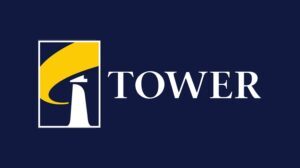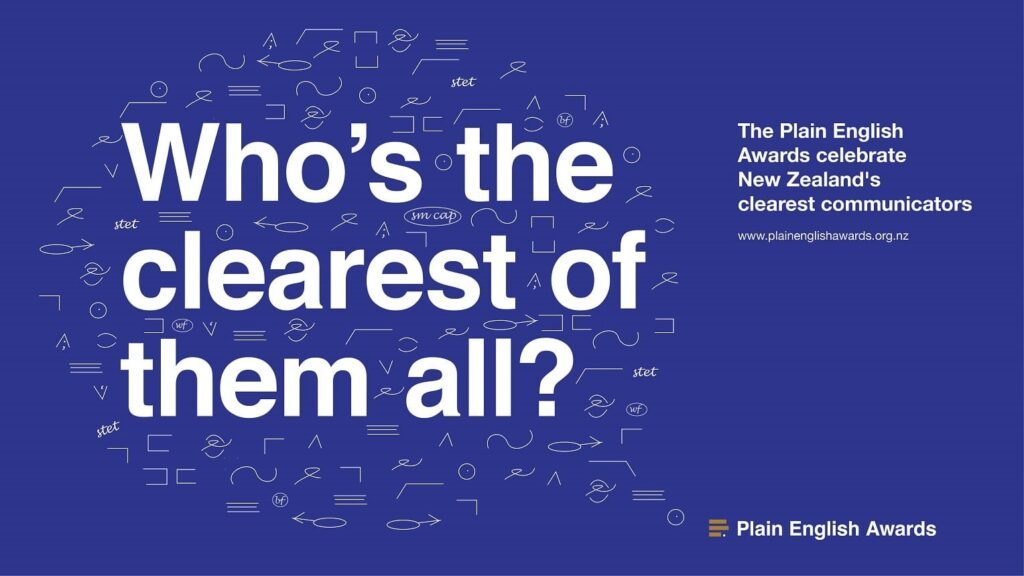WriteMark
Plain Language Standard
Help! My appurtenance is on fire!

Avoid adding fuel to the fire with complicated communication. Image by Little Visuals. Pexels license.
When something catastrophic happens at home, you need to act fast. Can you imagine trying to get help like this?
“I need to undertake a disclosure with you. I’ll give you the full particulars. A bodily injury has occurred directly or indirectly. And I’m worried about the remediation. Can I priority request you and your apparatus be utilised to assist with the contamination damage?”
These convoluted phrases pepper real insurance documents. But when people need to understand what’s covered and how to make a claim, they need clear, accurate information that’s easy to navigate.
We’re thrilled that more insurance companies are taking this seriously.
Some companies are working hard on their legalese, rewriting dense, internally focused policies, forms, and letters so they are easy to read, easy to understand, and written for the reader rather than the writer.
And each year a few more make the WriteMark® grade.

Congratulations to Tower for achieving the Write Mark and becoming a plain language champion! Image by Tower Insurance.
Tower Insurance is on a mission
Tower Insurance is one of the latest. Tower’s recent commercials proudly proclaim that they now have the WriteMark® on 14 home, contents, and vehicle policies. Their campaign dismantles difficult words and shows the difference straightforward language can make.
Words for work, or words for wonder?
Tower’s image of the word ‘appurtenance’ exploding symbolises their mission to simplify insurance.
And it had us scratching our heads.
Because, even though our WriteMark® assessors include authors, linguists, editors, teachers, and all-round word nerds, many of us didn’t know what ‘appurtenance’ meant.
These are people who send emails headed ‘Noun string of the day’, and can spend half an hour discussing the subtle difference between ‘moved home recently’ or ‘recently moved home’. They savour the richness, elegance, and (let’s be honest) perverseness of the English language.
We can all appreciate that ‘appurtenance’ is a lovely-sounding word with a fascinating etymology.
First known use of appurtenant
14th century
History and etymology for appurtenant
Middle English apertenant, from Anglo-French appurtenant, present participle of apurtenir to belong — more at ‘appertain’
History and etymology for appertain
Middle English apperteinen, from Anglo-French apurtenir, from Late Latin appertinēre, from Latin ad- + pertinēre to belong — more at ‘pertain’
But we’re also citizens and policy holders, who need to find our way through important information, often under stress. In times like these we want clarity, not a linguistic lift. We want information where writers have put the effort in to help us make decisions and take action.

There’s a time for tea and poetry and a time for getting the information you need. Image by Suzy Hazelwood. Pexels license.
Excellence for effort and an effort for excellence
We know it’s not straightforward, and companies that have reached the WriteMark® Standard for some documents deserve recognition for their courage and commitment. And once one or two documents have met the Standard, it’s very easy to spot those that still need work.
Congratulations to Tower!
But what does ‘appurtenance’ mean?
In home insurance, an appurtenance is a piece of property associated with the main dwelling. For example, it includes the garden and trees, and other structures on the property such as garages, decks, and swimming pools. It also includes items that are in some way part of the house, such as air-conditioning units, furnaces, and septic systems.
— many of which could catch on fire!
Anne-Marie Chisnall October 29th, 2019
Posted In: The WriteMark, WriteMark Holders
Tags: clear language, clear thinking, clear writing, improved writing, industry standards, plain language, power of plain language, Quality writing, Tower Insurance, writing for the public
Win–win for writers and readers

Working together to bring clarity out of confusion. Image by Adi Goldstein. Unsplash licence.
What’s better than a ‘force for good’ advancing the quality of communication for everyday New Zealanders?
Two forces for good.
WriteMark® is the founding sponsor of New Zealand’s Plain English Awards — a celebration of clear communication and a public pat on the back for plain English champions.

Recognising the highest-quality communication
For 14 years WriteMark® has backed the Plain English Awards Trust to fund, organise, promote, host, and celebrate the annual Awards. The Awards recognise commitment to clear language on all scales — whether it’s across an organisation as a whole or down to a sentence that shines.
But it’s not just about wiping out the waffle. It’s about everyone’s right to take part in society. Information needs to be easy to read, understand, and act on — for all of us.
Making a real difference
The effect of WriteMark® joining forces with the Plain English Awards has been profound. Feedback has shown that the Awards:
- are highly valued by entrants, winners, judges, and sponsors
- offer a benchmark for organisations to assess their own performance
- have resulted in positive, meaningful change in communications for all New Zealanders
- can transform organisations — the process leading to success in the Awards has created widespread change for some organisations.
Working together for all
A piece of communication displaying the WriteMark®, or that has won a Plain English Award, shows the world that writers have thought carefully about their readers. And it shows readers that they can expect to easily understand and act on the information in front of them.
Now that’s a winning combination.
Anne-Marie Chisnall September 11th, 2019
Posted In: Plain English, Plain English Awards, WriteMark Holders
Tags: clear language, clear thinking, clear writing, improved writing, industry standards, plain language, power of plain language, Quality writing, writing for the public